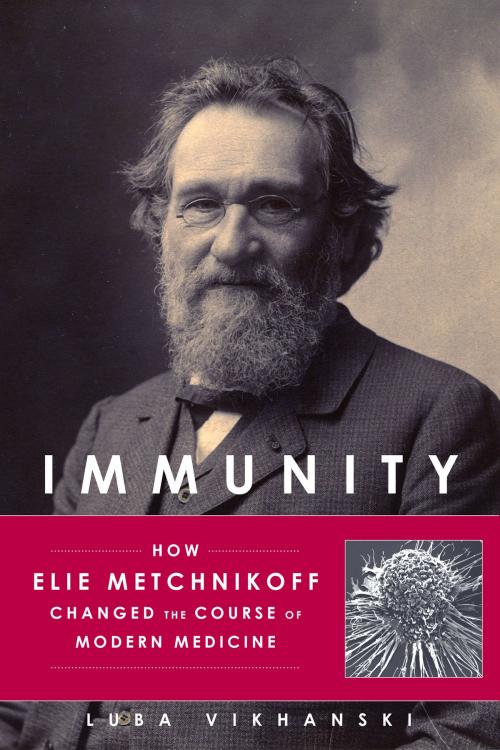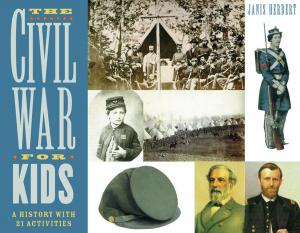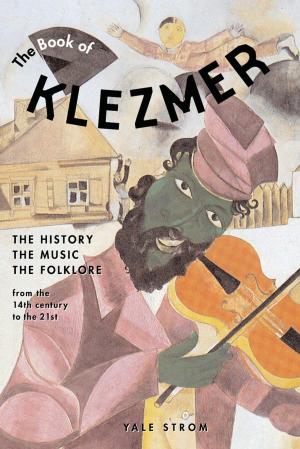| Author: | Luba Vikhanski, Luba Vikhanski | ISBN: | 9781613731130 |
| Publisher: | Chicago Review Press | Publication: | April 1, 2016 |
| Imprint: | Chicago Review Press | Language: | English |
| Author: | Luba Vikhanski, Luba Vikhanski |
| ISBN: | 9781613731130 |
| Publisher: | Chicago Review Press |
| Publication: | April 1, 2016 |
| Imprint: | Chicago Review Press |
| Language: | English |
Around Christmas of 1882, while peering through a microscope at starfish larvae in which he had inserted tiny thorns, Russian zoologist Elie Metchnikoff had a brilliant insight: what if the mobile cells he saw gathering around the thorns were the same as white blood cells that traveled to the site of an injury or infection in a human or other animal? Was this some form of cellular defense? Metchnikoff's theory of immunity, that phagocytes—white blood cells—formed the first line of defense against invading bacteria would eventually earn the scientist the unofficial moniker "Father of Natural Immunity" and a Nobel Prize. But first, he had to convince his colleagues, including the skeptical Robert Koch. Author Luba Vikhanski chronicles Metchnikoff's remarkable life, work, and discoveries in Immunity, the first modern biography of this hero of medicine. Metchnikoff was a towering figure in the scientific community of the early 20th century, a tireless humanitarian who worked to curb cholera, syphilis, and other diseases, and pioneered research into probiotics and gerontology. Though Metchnikoff is largely forgotten today, Vikhanski makes a compelling case that his work on natural immunity is finally receiving the attention it deserves.
Around Christmas of 1882, while peering through a microscope at starfish larvae in which he had inserted tiny thorns, Russian zoologist Elie Metchnikoff had a brilliant insight: what if the mobile cells he saw gathering around the thorns were the same as white blood cells that traveled to the site of an injury or infection in a human or other animal? Was this some form of cellular defense? Metchnikoff's theory of immunity, that phagocytes—white blood cells—formed the first line of defense against invading bacteria would eventually earn the scientist the unofficial moniker "Father of Natural Immunity" and a Nobel Prize. But first, he had to convince his colleagues, including the skeptical Robert Koch. Author Luba Vikhanski chronicles Metchnikoff's remarkable life, work, and discoveries in Immunity, the first modern biography of this hero of medicine. Metchnikoff was a towering figure in the scientific community of the early 20th century, a tireless humanitarian who worked to curb cholera, syphilis, and other diseases, and pioneered research into probiotics and gerontology. Though Metchnikoff is largely forgotten today, Vikhanski makes a compelling case that his work on natural immunity is finally receiving the attention it deserves.















